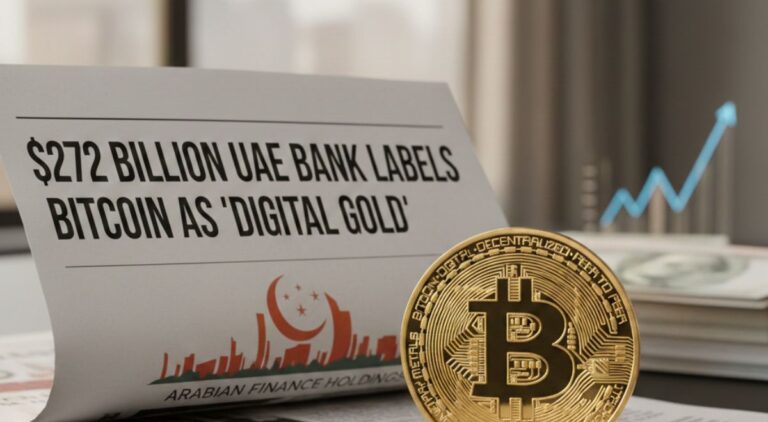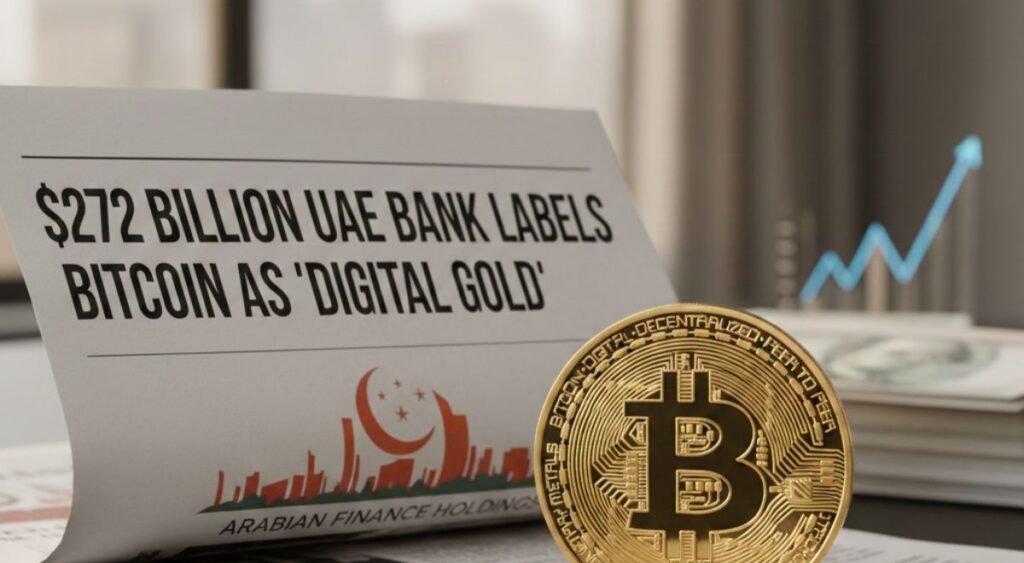As the global economy hurtles toward a digital future, Saudi Arabia is poised at a pivotal crossroads—facing the challenge of transforming its oil-driven legacy into a diversified, tech-powered economy.
The Kingdom, long synonymous with petroleum wealth, is now embracing a new frontier: digital assets and blockchain technology. This evolution is more than a strategic pivot—it’s a necessary leap toward economic resilience in a rapidly changing world.
Vision 2030: A Blueprint for Economic Reinvention
At the heart of this transformation is Vision 2030, Saudi Arabia’s sweeping national roadmap to reduce its dependence on oil and diversify its economy through technology, innovation, and sustainability. Digital assets are emerging as a key component of this vision, offering the potential to build a robust, future-ready financial ecosystem.
With over 63% of its population under 30, the Kingdom boasts a digitally native demographic—eager adopters of fintech innovations and blockchain applications. This youthful population provides fertile ground for the development of a thriving digital economy.
A Rapid Rise in Crypto Adoption
Saudi Arabia’s embrace of cryptocurrency is gaining momentum. From mid-2022 to 2024, the Kingdom’s crypto economy witnessed an astonishing 154% year-on-year growth, positioning it as one of the fastest-growing markets in the Middle East and North Africa (MENA) region.
This surge is not simply about speculation—it reflects a growing appetite for decentralized finance (DeFi), tokenized assets, and blockchain-based solutions. The nation is clearly moving from experimentation to serious adoption.
Learning from Regional Pacesetters
However, regional competition is intensifying. Neighboring Gulf states such as the UAE and Bahrain have already established clear regulatory frameworks for crypto assets, giving them a first-mover advantage in attracting global investors and tech innovators.
Economist Ihsan Buhulaiga stresses the need for unified Gulf regulations. Without harmonization across the GCC, Saudi Arabia risks falling behind, potentially losing capital and talent to more regulation-friendly jurisdictions.
From Oil to On-Chain: A Strategic Shift
Experts argue that a portion of Saudi Arabia’s oil-generated revenue could be prudently reinvested into digital assets. This strategy would not only diversify the Kingdom’s investment portfolio but also shield it from the volatility of oil markets—a critical step in ensuring long-term economic security
Embracing blockchain as a complement to traditional finance, rather than a competitor, could enhance the Kingdom’s financial stability and global relevance.
The Regulatory and Cybersecurity Imperative
For Saudi Arabia to become a global hub for digital finance, a cohesive regulatory framework is essential. This includes robust cybersecurity protocols, investor protections, and guidelines for blockchain integration across sectors.
Other nations, such as Kazakhstan and Bahrain, are setting examples by integrating digital asset strategies into their national financial systems. Saudi Arabia must adopt a similarly forward-thinking approach to remain competitive.
Navigating the Future: Risks and Rewards
Despite challenges—regulatory uncertainty, cybersecurity concerns, and resistance to change—the opportunities are vast. By accelerating its blockchain adoption and creating favorable conditions for innovation, Saudi Arabia can transform itself from a traditional energy leader into a digital financial powerhouse.
Conclusion: A Moment of Historic Opportunity
Saudi Arabia stands at the threshold of a profound economic shift. The alignment of Vision 2030 with blockchain’s transformative potential creates a once-in-a-generation opportunity to redefine national wealth in digital terms.
Whether the Kingdom rises to lead or lags behind depends on the speed and clarity of its actions. In this race toward a digital future, the question is no longer if Saudi Arabia will embrace blockchain—but how swiftly and strategically it can do so.
















